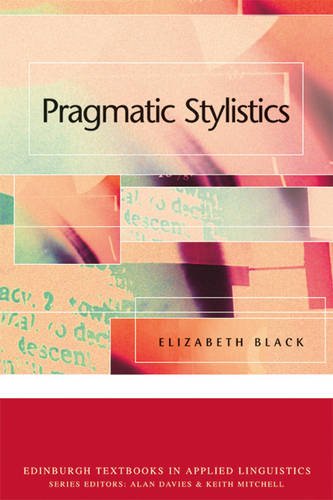

Most ebook files are in PDF format, so you can easily read them using various software such as Foxit Reader or directly on the Google Chrome browser.
Some ebook files are released by publishers in other formats such as .awz, .mobi, .epub, .fb2, etc. You may need to install specific software to read these formats on mobile/PC, such as Calibre.
Please read the tutorial at this link: https://ebookbell.com/faq
We offer FREE conversion to the popular formats you request; however, this may take some time. Therefore, right after payment, please email us, and we will try to provide the service as quickly as possible.
For some exceptional file formats or broken links (if any), please refrain from opening any disputes. Instead, email us first, and we will try to assist within a maximum of 6 hours.
EbookBell Team

5.0
20 reviewsThis textbook series provides advanced introductions to the main areas of study in contemporary Applied Linguistics, with a principal focus on the theory and practice of language teaching and language learning and on the processes and problems of language in use.
This volume is a study of the language of literary texts. It looks at the usefulness of pragmatic theories to the interpretation of literary texts and surveys methods of analysing narrative, with special attention given to narratorial authority and character focalisation. The book includes a description of Grice's Co-operative Principle and its contribution to the interpretation of literary texts, and considers Sperber and Wilson's Relevance Theory, with particular stress on the valuable insights into irony and varieties of indirect discourse it offers. Bakhtin's theories are introduced, and related to the more explicitly linguistic Relevance Theory. Metaphor, irony and parody are examined primarily as pragmatic phenomena, and there is a strand of sociolinguistic interest particularly in relation to the theories of Labov and Bakhtin.
Features
* The first pragmatically oriented study of the language of fictional texts.
* Introduces a range of pragmatic theories and offers a range of approaches that can be applied to texts.
* Includes examples from literary texts, predominantly from the twentieth century - unlike many works on pragmatics which use invented examples.